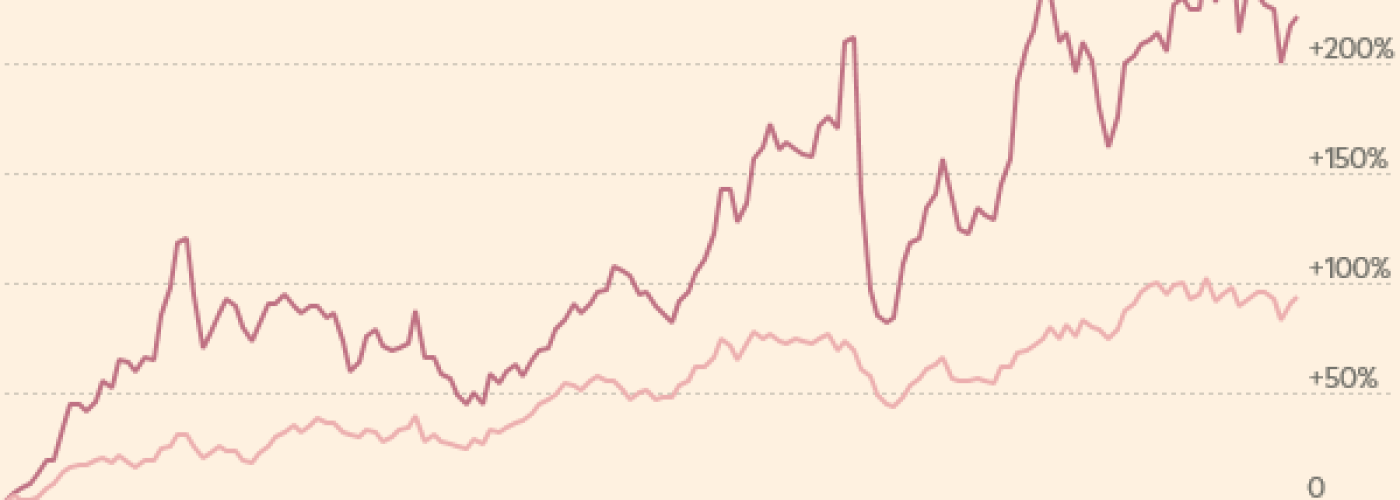 ©AFP
©AFPThe US financial regulator has launched a probe into ExxonMobil, questioning how the country’s largest oil group reports the value of its assets and reserves, and discloses the potential impact of climate change on its business.
The Securities and Exchange Commission’s inquiries further intensify regulatory pressures on the company, which is being probed separately by New York state’s attorney-general of over whether its public statements on climate change matched its internal assessments.
More
On this topic
IN Energy
In a statement on Tuesday evening, Exxon said it was “fully complying with the SEC request for information and are confident our financial reporting meets all legal and accounting requirements”.
It gave no further details on the investigation, which was first reported by the Wall Street Journal. The SEC declined to comment.
Last week it emerged that Eric Schneiderman, New York attorney-general, was investigating Exxon’s decisions not to take large charges to its profits for writedowns in the values of its assets following the fall in oil prices. That move built on the probe he launched last year into the company’s statements on climate change.
The SEC is now also looking at Exxon’s reporting of its reserves, asset valuations and writedowns, as well as its disclosures on the risks that climate change creates for its business.
Exxon said that the SEC was “the appropriate entity to examine issues related to impairment, reserves and other communications important to investors”.
Large European oil companies have several times in recent years taken hefty dents to their profits for writing down the value of their assets, with Royal Dutch Shell reporting an $8.2bn writedown last October.
In the past two years Chevron, the second-largest US oil group, has also started reporting these asset impairments, taking a $1.96bn hit last year and a $2.8bn charge in July.
Exxon, however, has booked few of these charges. In a presentation to investors posted on its website, it showed total impairments after tax during 2008-15 of less than $1bn.
The charges are not cash items, and are typically disregarded by analysts. However Paul Sankey of Wolfe Research argued in a note last week that the company’s decision not to report asset writedowns was one cause of “a constant frustration with ExxonMobil’s lack of disclosure of many elements of its business”.
One reason for the divergence between Exxon and European oil groups such as Shell is that it reports under the US Generally Accepted Accounting Principles, while non-US companies use the International Financial Reporting Standards, which set tougher requirements for asset valuations.


Under US GAAP, assets have to be written down only if their expected undiscounted cash flows are less than book value. In Exxon’s annual report for 2015, filed to the SEC in February, it said it had tested its “major long-lived assets” that were most at risk for potential impairment, and decided that their expected future cash flows were still higher than their book values.
Companies are allowed some leeway in determining those expected cash flows, including choosing price forecasts, and Exxon warned in February that if prices fell short of its expectations it could still have to write down assets.
However, it said, the projections it used were “generally consistent with the long-term price forecasts published by third-party industry experts.”
Copyright The Financial Times Limited 2016. You may share using our article tools.
Please don’t cut articles from FT.com and redistribute by email or post to the web.





